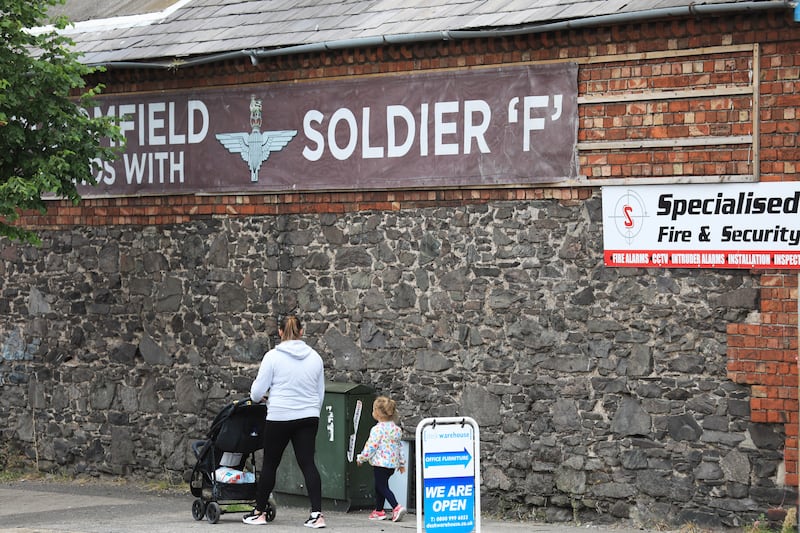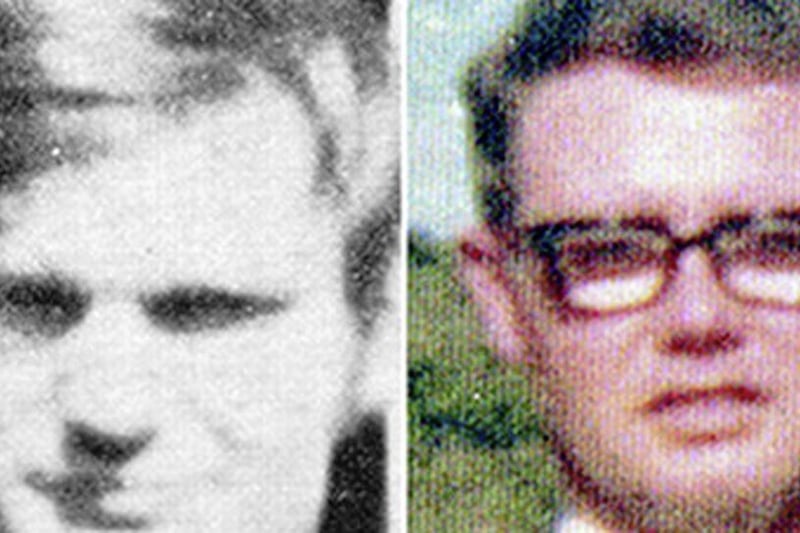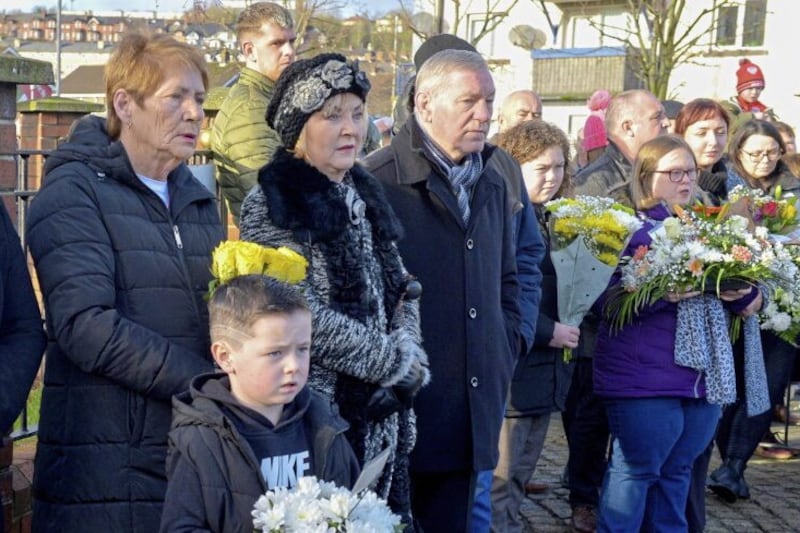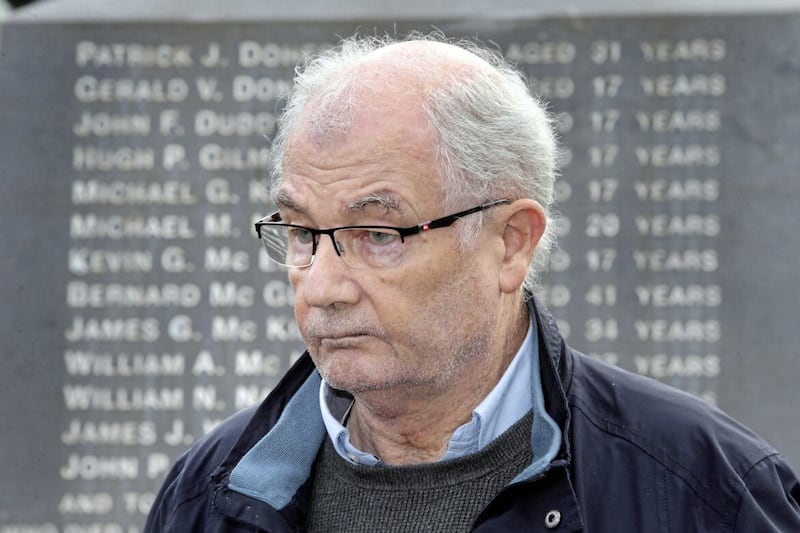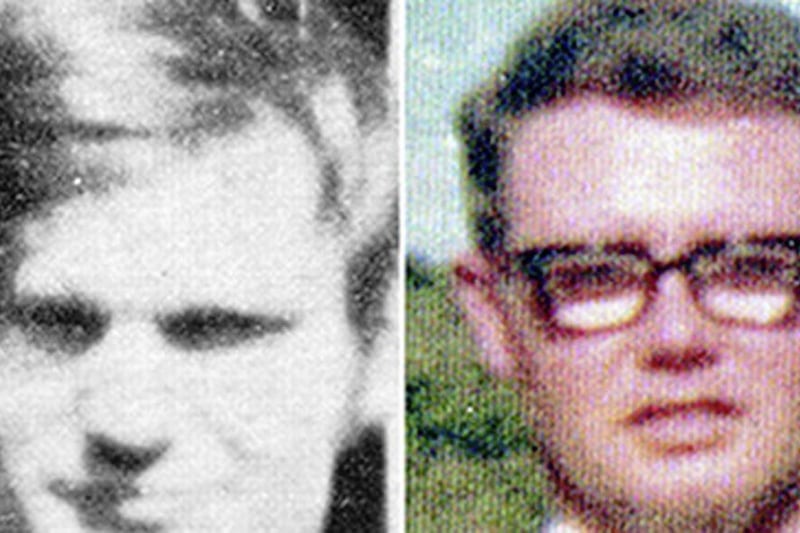The announcement yesterday that murder charges are to be brought against a former member of the Parachute Regiment over his involvement in Derry’s Bloody Sunday was a hugely significant moment which also demonstrated the massive complexity of the questions at the heart of the legacy debate.
A suspect identified to date only as Soldier F is to be prosecuted for the murders of James Wray and William McKinney as well as the attempted murders of Patrick O'Donnell, Joseph Friel, Joe Mahon and Michael Quinn.
However, the Public Prosecution Service (PPS) has ruled out charging anyone else over the events of January 30, 1972, when 14 people were shot dead and another 15 wounded during a civil rights march in Derry.
It was an emotionally draining day for all the families who have campaigned for justice so steadfastly over almost five decades and who had hoped that several former soldiers would find themselves before the courts.
Some felt that the confirmation of a single murder charge vindicated all their efforts while others were bitterly disappointed that a number of other individuals were not to be held accountable for their actions
On the opposite side of the argument, backbench Conservative MPs and groups linked to the British armed services complained long and loudly about the PPS decision to place even a single ex-soldier in the dock.
Their stance was only to be expected but the intervention by the UK defence secretary Gavin Williamson, who expressed regret that official protection against `spurious prosecutions’ involving military personnel was not already in place, was entirely unacceptable for a government minister.
He went on to promise full backing to Soldier F, including the provision of unlimited cover for his legal costs, and praised British Army members who ``served with courage and distinction to bring peace to Northern Ireland".
The Attorney General should carefully assess Mr Williamson’s statement but, coming barely a week after the shocking comments in the House of Commons from his cabinet colleague, the Stormont secretary Karen Bradley, which had to be swiftly withdrawn, many observers will be left wondering how much Whitehall attitudes have really changed since the discredited Widgery Report was rushed through immediately after the Derry outrage.
Widgery, Britain’s Lord Chief Justice at the time, attempted to exonerate the British soldiers, and it took another 38 years before the Saville Inquiry allowed the then prime minister David Cameron to declare that all the Bloody Sunday killings were unjustified and unjustifiable.
It remains to be seen how the judicial process ultimately deals with Soldier F but there can be no doubt that politicians on all sides have failed to come up with wider structures which are capable of resolving a huge range of other legacy issues.
The pain endured by the relatives of those who died at the hands of republicans, loyalists and the forces of the state cannot be indefinitely passed down the generations, and new thinking is urgently required.
Read more:
- Attorney General asked to investigate Gavin Williamson's remarks
- Analysis: Disappointing for Bloody Sunday relatives but they will press on (premium)
- Public Prosecution Service spells out in detail Blood Sunday decisions


